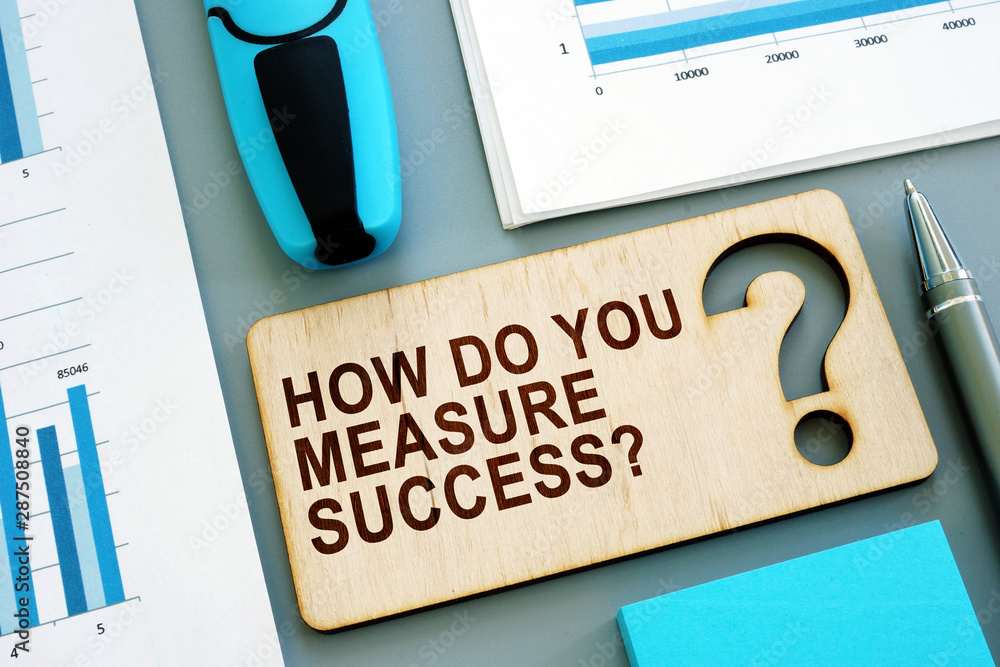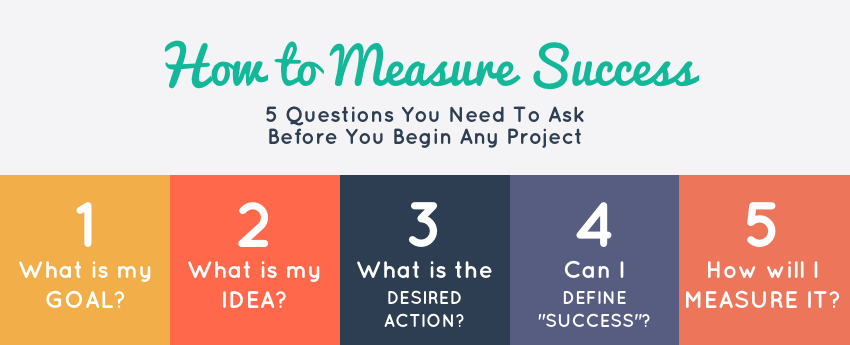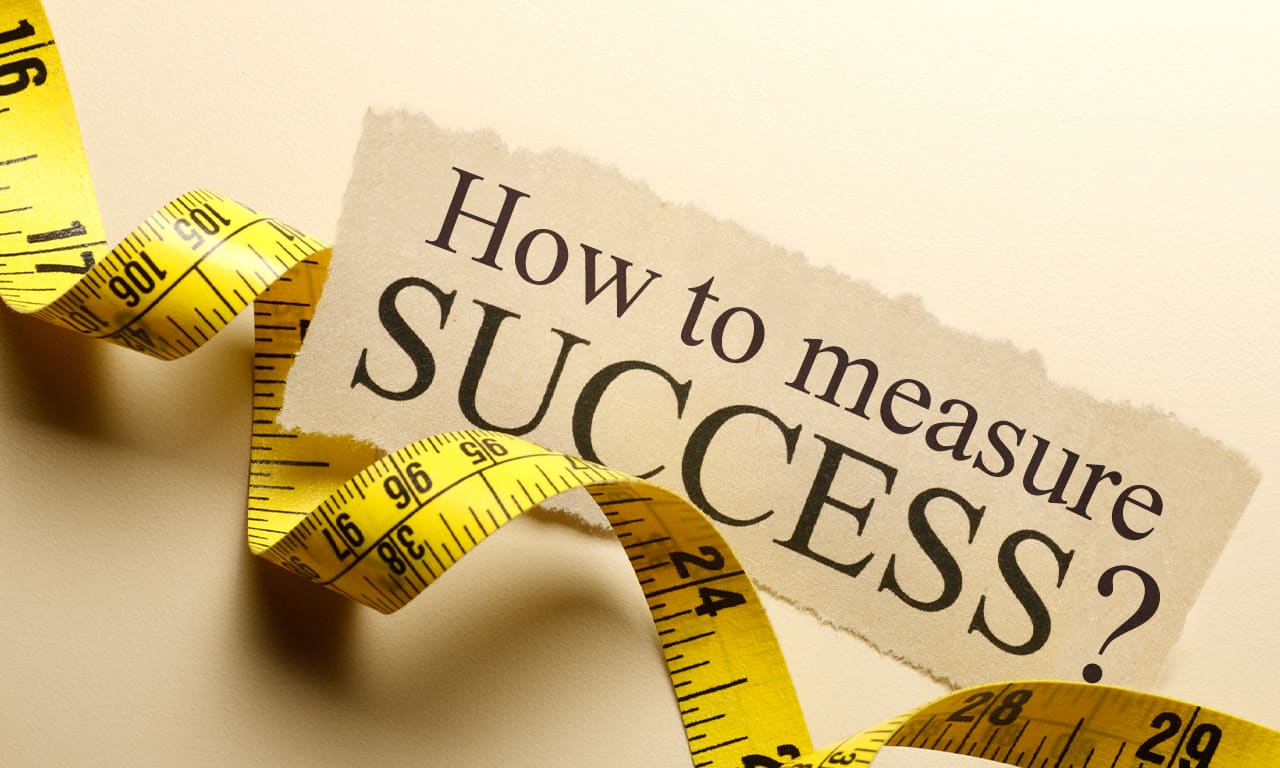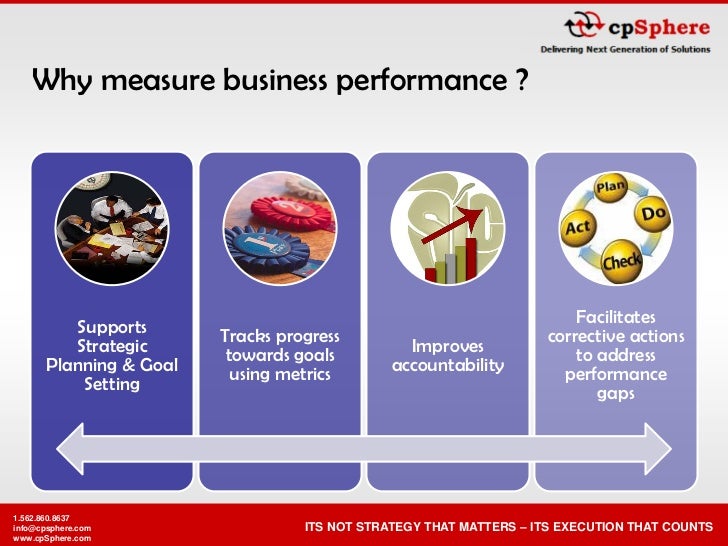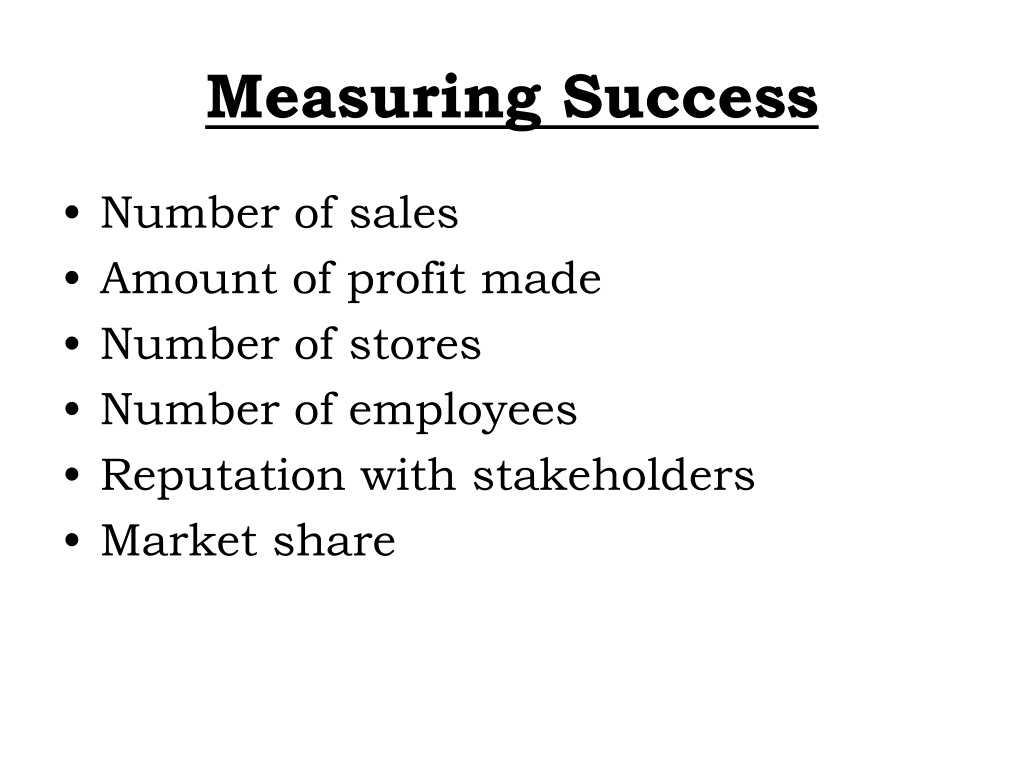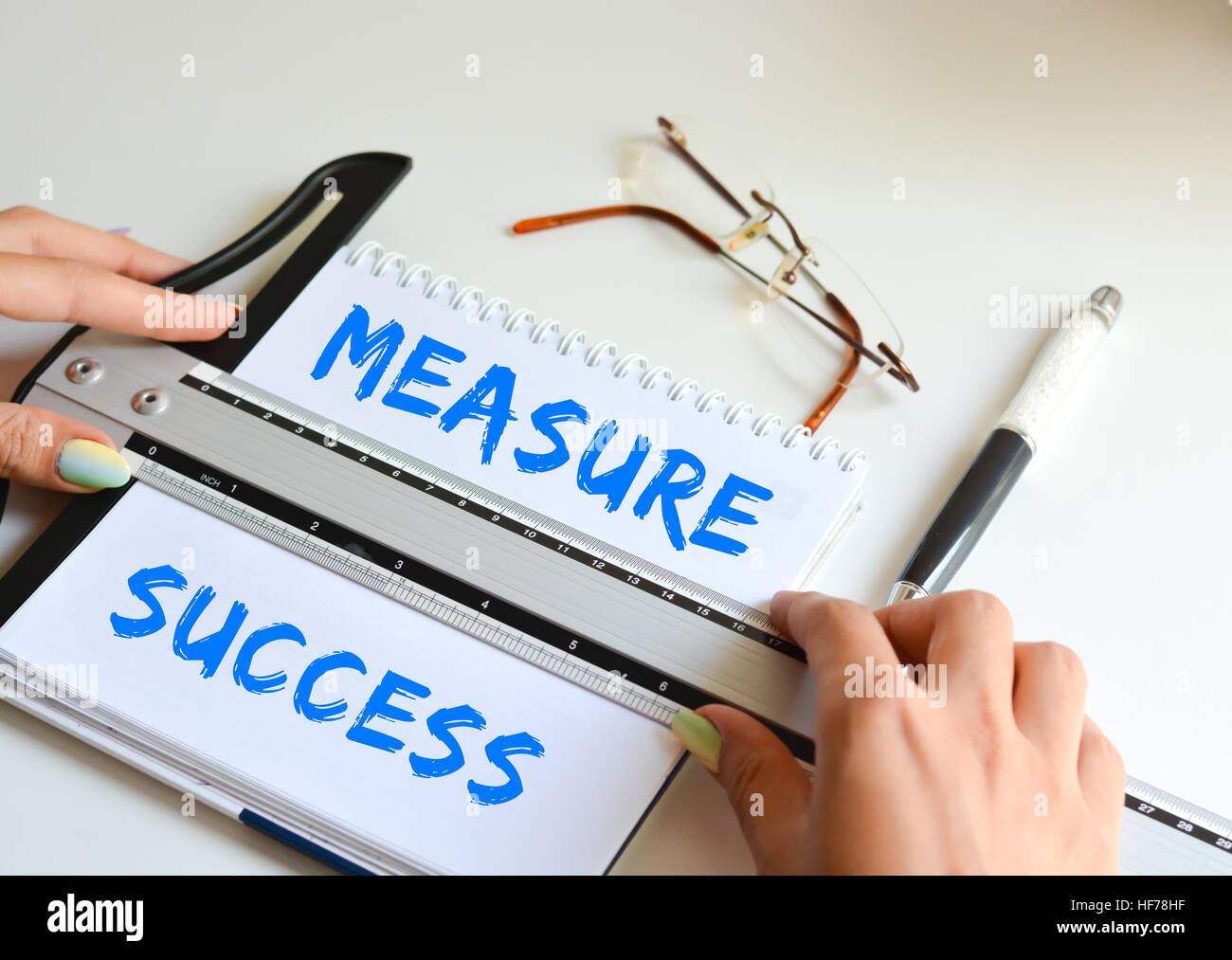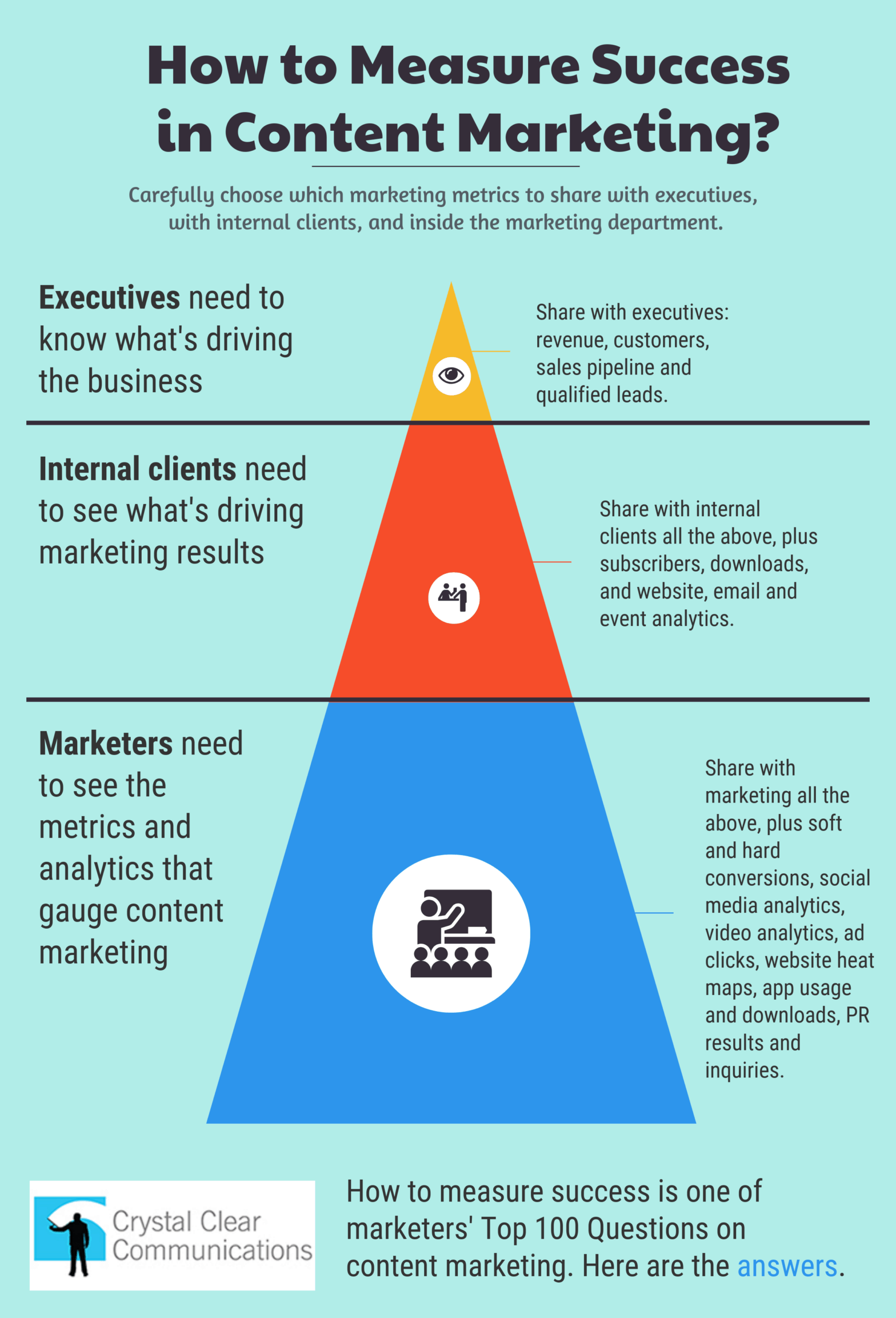How Do You Measure Business Success

Imagine a bustling marketplace, vendors hawking their wares, customers haggling for the best deals. Success in this vibrant ecosystem isn't just about ringing the most sales; it's about the relationships forged, the community nourished, and the enduring value created.
In today's complex business landscape, measuring success transcends mere profit margins. It encompasses a holistic view, considering factors like customer satisfaction, employee well-being, social impact, and long-term sustainability.
Traditionally, financial metrics reigned supreme. Revenue, profit, and market share were the undisputed kings, diligently tracked and analyzed. These figures remain crucial, offering a quantifiable snapshot of a company's performance.
However, relying solely on these metrics paints an incomplete picture. "What gets measured gets managed," Peter Drucker famously said, but what if we're only measuring the easy things?
The Rise of Holistic Measurement
The modern business environment demands a more nuanced approach. Stakeholders, including investors, employees, and consumers, are increasingly interested in a company's purpose and values.
This shift has fueled the adoption of frameworks like the Triple Bottom Line, which considers profit, people, and the planet. It encourages companies to measure their social and environmental impact alongside financial performance.
Key Indicators Beyond the Bottom Line
Customer Satisfaction: Happy customers are loyal customers, and Net Promoter Score (NPS) is a widely used metric to gauge their satisfaction and willingness to recommend a business.
Employee Engagement: Engaged employees are more productive and innovative. Surveys, feedback sessions, and retention rates can provide insights into employee morale and well-being.
Social Impact: Companies are increasingly expected to contribute positively to society. Measuring this impact involves assessing initiatives related to community development, environmental sustainability, and ethical sourcing.
Brand Reputation: A strong brand builds trust and loyalty. Monitoring online reviews, social media sentiment, and media coverage can help assess and manage brand reputation.
The Long-Term View
Sustainable growth is the ultimate goal for many businesses. This requires a long-term perspective, focusing on building resilience and adapting to changing market conditions.
Metrics like innovation rate, employee training investments, and infrastructure upgrades reflect a commitment to future success, even if they don't yield immediate financial returns.
"It is not enough to do your best; you must know what to do, and then do your best." - W. Edwards Deming
Data-driven decision-making is paramount. Businesses are leveraging sophisticated analytics tools to track and analyze a wide range of metrics, providing a comprehensive understanding of their performance.
This data empowers them to identify areas for improvement, optimize processes, and make informed strategic decisions.
Beyond technology, a culture of continuous improvement is essential. Encouraging feedback, embracing experimentation, and learning from mistakes are crucial for sustained success.
A Balanced Scorecard
Many organizations use a Balanced Scorecard approach, which combines financial metrics with customer, internal process, and learning & growth perspectives.
This framework provides a holistic view of performance, aligning strategic objectives with measurable outcomes.
Ultimately, measuring business success is a journey, not a destination. It requires a continuous evaluation of priorities and metrics to ensure they align with evolving goals and values.
The most successful businesses are those that not only generate profits but also create a positive impact on the world, fostering a legacy of enduring value.

